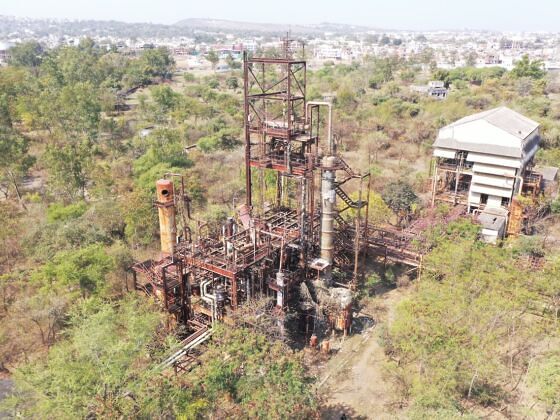That’s the last line of the first paragraph of writer Suketu Mehta’s op-ed about the 25th anniversary of the Bhopal gas disaster, published in yesterday’s New York Times.
In that paragraph, Mehta’s describing the difference between his son’s kindergarten class in Mumbai–where servants cleaned up after the kids–to the same child’s first grade classroom in Brooklyn, “where the teachers made the children tidy up at the end of the day.”
